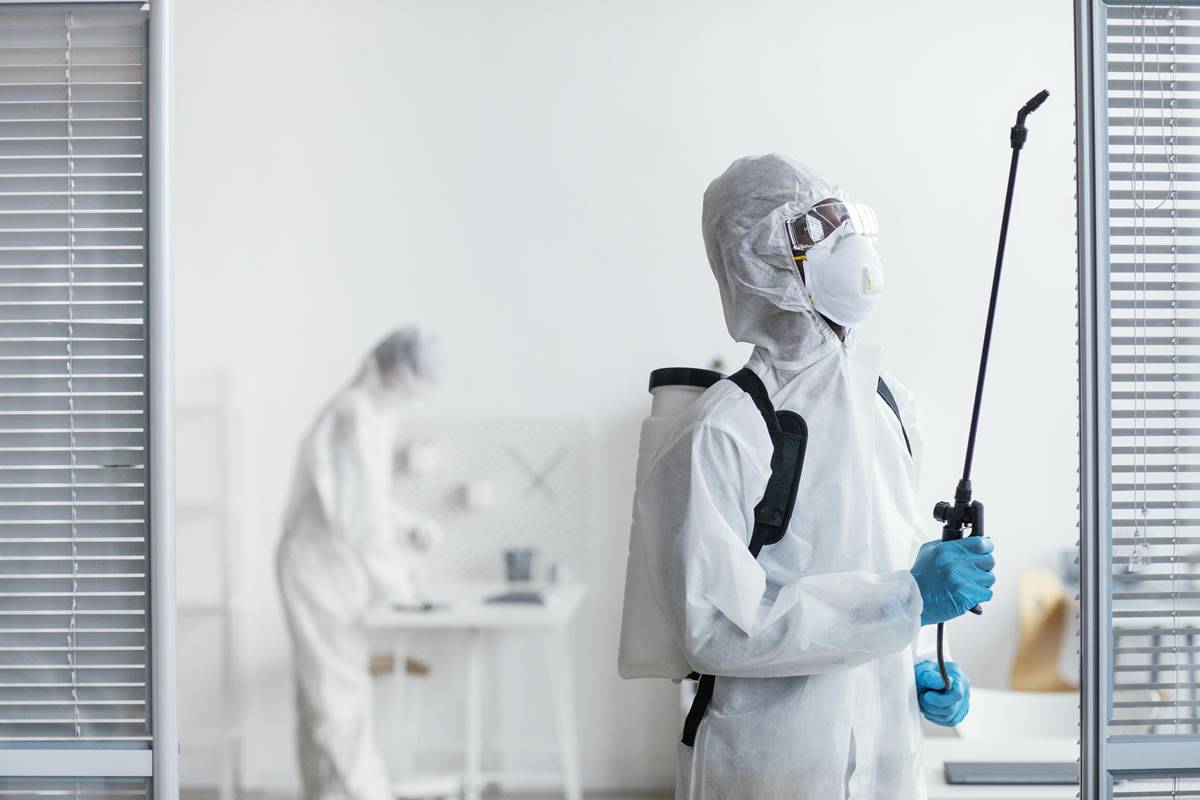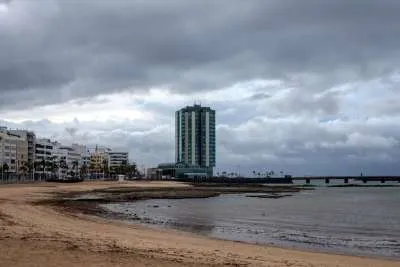The risk of poor practices by pest control companies in the Canary Islands
- 21-09-2024
- Business
- Canarian Weekly
- Photo Credit: Freepik
Like many destinations, the Canary Islands, the tourist paradise that attracts millions of visitors every year, is facing a challenge to the health and reputation of its hotels and restaurants: the irresponsible use of biocides by some pest control companies that operate outside the regulations.
The increase in temperatures, as a result of climate change, is causing insects such as bedbugs and cockroaches to exponentially accelerate their life cycle, in addition to a greater resistance to insecticides, all of which makes pest control increasingly difficult, according to Jorge Galván, director of Anecpla.
Regrettably, in some cases the use of unauthorised or dangerous biocides by pest control companies operating in the archipelago has been detected. This represents a serious risk to public health, since these chemical products can cause serious problems of poisoning, irritation and respiratory problems.
The use of unauthorised biocides with highly toxic substances to combat an infestation in, for example, a hotel can affect guests who may suffer symptoms such as dizziness, nausea and difficulty breathing.
Situations such as this highlight the serious risks involved in non-compliance with regulations by some pest control companies. In addition to endangering the health of tourists and workers, these irresponsible practices can have an impact on the reputation and image of the affected establishments.
Spanish regulations, contained in Royal Decree 830/2010 and Regulation (EU) No. 528/2012, clearly establish the requirements and procedures for the use of biocides. However, the lack of supervision and control by the competent authorities has allowed some companies to ignore these regulations.
It is essential that pest control companies operating in the Canary Islands adopt a comprehensive and responsible approach, which includes training and educating their staff, implementing innovative and sustainable methods, and providing constant advice to hotels and restaurants. Only in this way can they guarantee the effective eradication of pests and the protection of the health and image of Canary Islands tourist destinations.
On the other hand, the competent authorities must intensify controls and inspections, firmly sanctioning those companies that put the safety of visitors and workers at risk. In addition, it is crucial that hotels and restaurants require their pest control providers to strictly comply with the regulations.
Only through a joint effort between companies, authorities and establishments can we guarantee the effective eradication of this problem and preserve the image of our destinations.
Other articles that may interest you...
Trending
Most Read Articles
Featured Videos
TributoFest: Michael Buble promo 14.02.2026
- 30-01-2026
TEAs 2025 Highlights
- 17-11-2025




























































